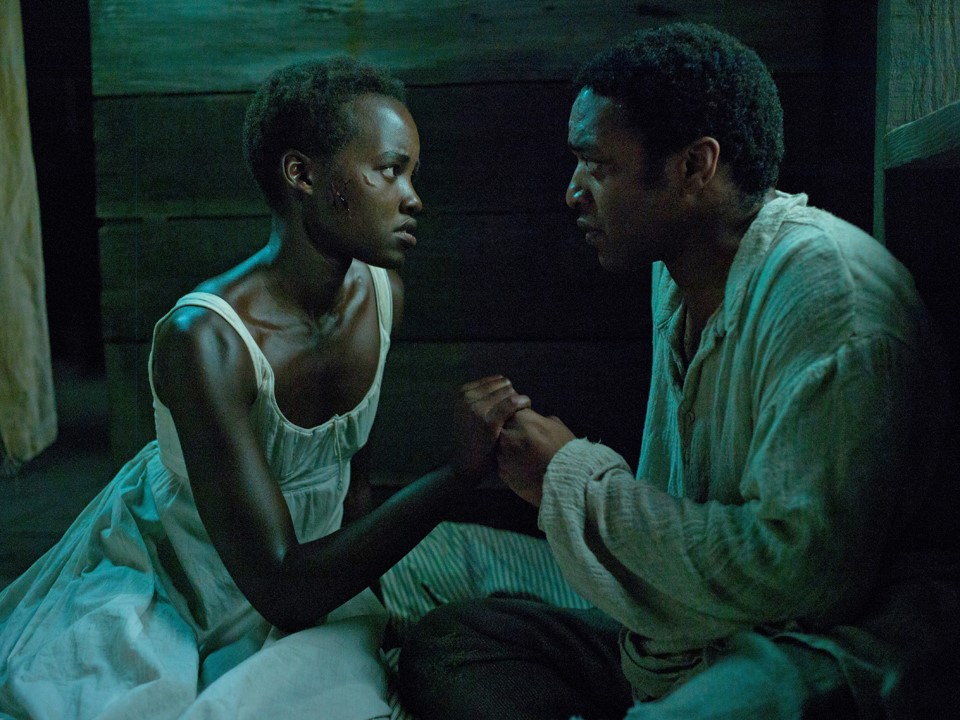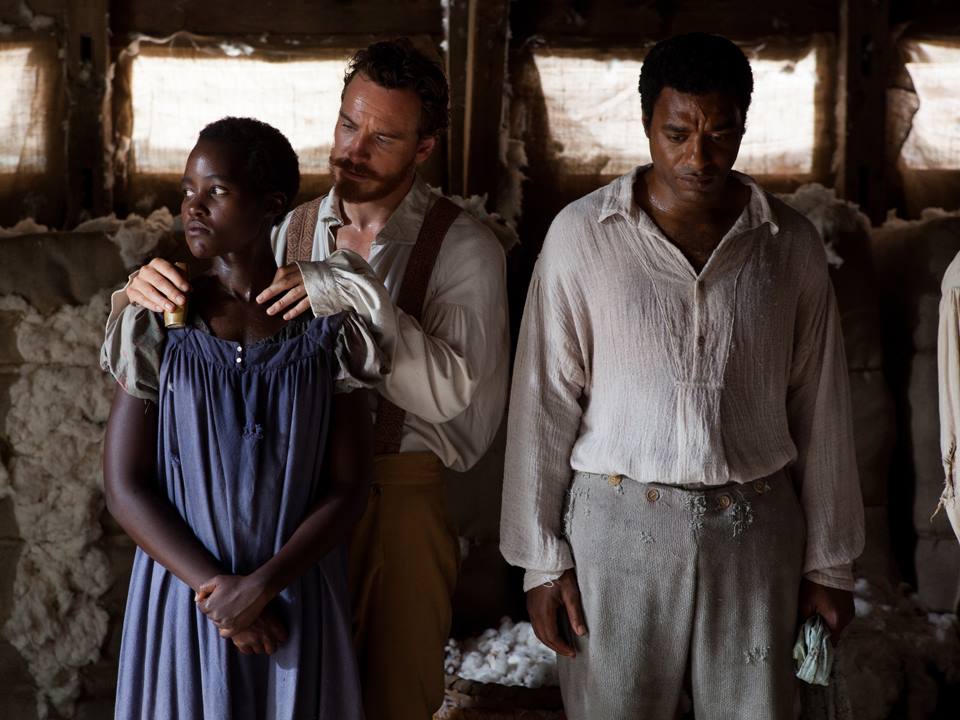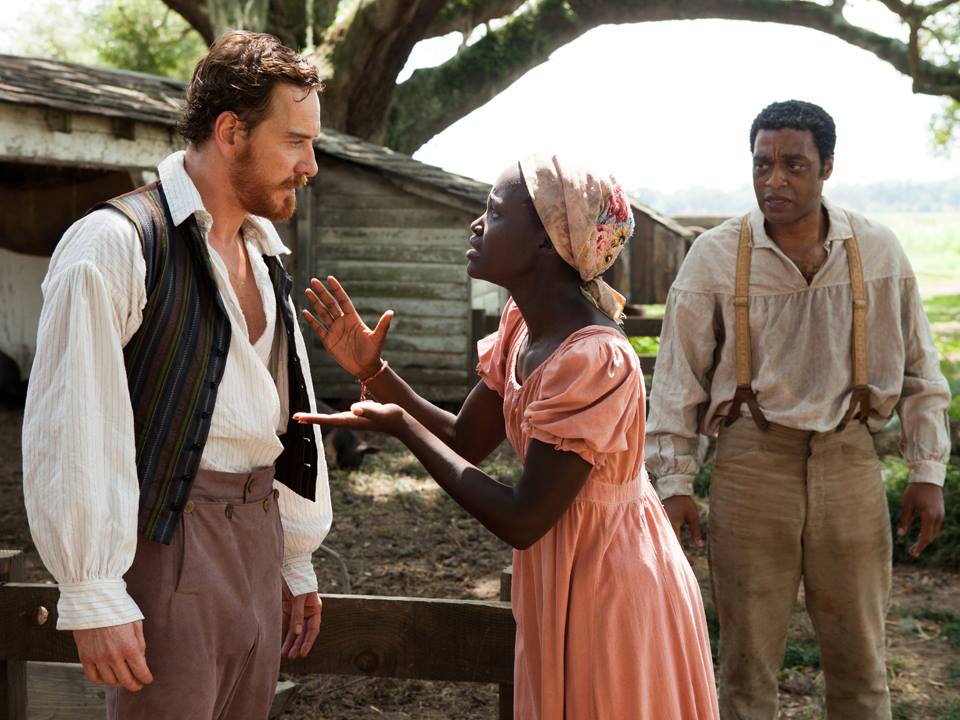Solomon Northup was a free-born African American cello player who was kidnapped and sold into slavery in the mid 1800’s. He recorded his story in a book titled, Twelve Years a Slave, and has now been adapted for the screen into a new film by the same name by director Steve McQueen. The film evolves from a tale of survival into an emotional powerhouse filled with challenging notions of faith, despair, and triumph. The expansive cast is led by Chiwetel Ejiofor, who fills the character of Solomon Northup with subtle rage and heedful clarity in a performance that can only be described as masterful.

Courtesy of 12 Years A Slave.
The film depicts the subject of slavery with undaunted brutality, exposing widespread cruelty across the country as Solomon Northup travels from one owner to the next. The most notable of such is Edwin Epps, played by Michael Fassbender, who gives an electrifying performance as a man consumed with fury and his desire for power. Epps positions himself as the film’s true antagonist as he sets his sights on a young female slave named Patsey, played by newcomer Lupita Nyong’o in her feature film debut. In some of the film’s most moving scenes, Patsey forms an unlikely friendship with Solomon as they fight to stay alive in a world of hate and relentless violence. Lupita Nyong’o brings the viewer to their knees as she experiences the worst of Epps’ cruelty and his unyielding obsession.

Courtesy of 12 Years A Slave.

Courtesy of 12 Years A Slave.
As compelling and excruciating as the film may be, it raises several questions about our understanding of American history. Without having ever heard of the book by Solomon Northrup until now, one cannot help but wonder why there has been such little acknowledgment of his work in the ongoing discussion of slavery. Perhaps the harrowing account is considered too disturbing for some audiences or perhaps too real, too painful in its depiction of such crimes against humanity. Regardless of the fact, the film adaptation elevates the story of Solomon Northup to the forefront of the conversation to the point where it becomes impossible to ignore.

